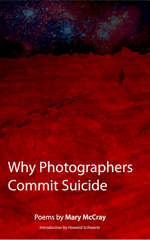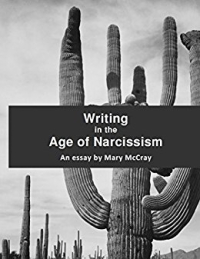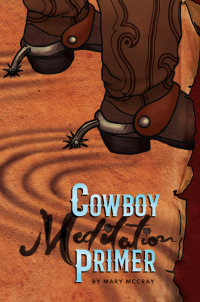 We’re making our way through Elisa New’s queries on what poetry is, questions she posed in the Harvard’s Emily Dickinson MOOC. Here’s the next question in the list: is poetry language other human beings necessarily hear or read?
We’re making our way through Elisa New’s queries on what poetry is, questions she posed in the Harvard’s Emily Dickinson MOOC. Here’s the next question in the list: is poetry language other human beings necessarily hear or read?
It’s interesting that New specifies “human beings” because obviously animals overhear poetry spoken by humans, like a racoon stuck in an attic overhearing a poetry reading downstairs. It must sound like pure music for them, like listening to any unfamiliar language. But it’s humans who need to experience their language as poetry or want to. And there are humans who are satisfied to experience poetry simply as nonverbal music. Fans of Gertrude Stein, for example.
New also specifies the word “necessarily” as if this is the way we have to experience poetry, as a necessity, and the other way is possibly superfluous.
It’s probably not necessary to overthink New’s casual questions here but the fact is the hoomans have never been able to agree on an answer.
Some of us believe poetry is best experienced as spoken word. Poetry is primarily aural in this case. Some of us believe the page is where the poem is set in stone and formalized. And the page itself, the white space, the visual is crucial to its meaning.
And they both have a point here. Much depends upon what properties of a poem the author was working with, sound or visual tricks. It’s hard to bring visual chicanery to life in a spoken performance. On the other hand, you can get a slight idea of the sound effects when reading a poem silently, but you get a better understanding of them when you read a poem out loud.
Poetry predates printing and so spoken word and memorization is at the heart of its history. Musical elements made it easier to perform and pass along poems. Often, it’s the musical elements that set poetry apart from prose.
But then the printing press happened. Poems could come alive in the minds of readers and not just in the ears of listeners. Now we have even newer publishing platforms like web browsers and interactive applications.
In one MOOC I attended on Electronic Literature, the teacher talked about “affordances” which were like beneficial properties of any one platform. For example, you can take a book to the beach, get it wet and it won’t conk out on you. It’s still a very usable media platform even when damp.
On the other hand, a book in an e-reader might short-circuit when wet, but is weightless and doesn’t take up room in your house if you decide to keep it. You can also search it for content very effortlessly and quickly.
Likewise, our mouth is a platform with some very beneficial affordances.
Everyone has a greater need toward one or another affordance. I personally like the look of books in my rooms. I like the feel of books and paper.
Interestingly, I was going to search images for this post, one for “poetry reading” (as in the live event) and “reading poetry” (as in the book). But the search engine, of course, didn’t know the difference. So putting the words “poetry” and “reading” in the search field brought back everything and that is kind of metaphorically nice.
These are pretty stereotypical images of both options. The dark room with a spotlight and a dramatic performer gesturing with their hands. Contrast this with the manicured reader, enjoying nature no less with a latte with some artfully applied whipped cream.
So every one will have their own personal answer to this question; and how could it be otherwise? We all have different aesthetic needs.
For me, music itself satisfies my need for music. And the music of poetry often overwhelms me during poetry reading performances. The rhythms send me drifting off into my imagination and I come back a minute or two later having missed whole sections of the poems. There’s also the poetry reading grunt that I find pretty grating.
But then again I love to attend public discussions of poetry and literature, like the sessions of The Los Angeles Festival of Books and I like Ted Talks and stand-up comedy. So I do like the physical human presence of communication. It’s a fine line between that and other forms of spoken word.
I’m much more interested in poetry as a visual artifact. So for me, the page trumps the performance. Whereas for the live performance of a conversation, lectures or the performance of music itself, this is not the case.
Music has such a strong nonverbal element, regardless of its lyrics, a strong energy of spirit (in all its variation). Poetry, albeit with its own kind of spiritual effect less powerful, is more verbal and idea-based, despite experiments exploring the boundaries of that with either nonsensical or mostly musical writing.
For me, music does music so well. And reading platforms give poetry more opportunities to do what it does so well.





Leave a Reply